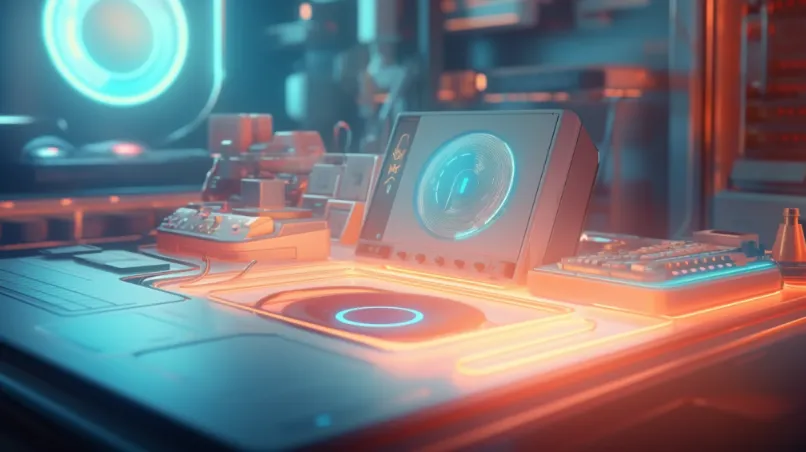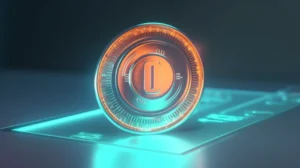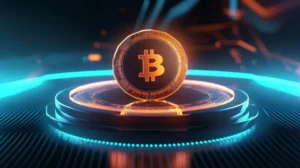Introduction
In the ever-evolving digital realm, whispers of a groundbreaking innovation have sparked an insatiable curiosity. “Can NFTs be traded?” – a question that sets the stage for a captivating exploration into the world of non-fungible tokens.
As we delve into this thrilling topic, we invite you to join us on a journey to uncover the hidden potential of NFTs and their impact on the way we exchange value. Hold onto your hats, as we unravel the mysteries surrounding these digital assets.
So, fasten your seatbelts and get ready to embark on this exhilarating adventure, where the extraordinary question of “Can NFTs be traded?” paves the way for an unforgettable experience.
Understanding NFTs
NFTs are digital tokens that are stored on a blockchain, similar to cryptocurrencies like Bitcoin. Each NFT is unique and has its own metadata, which can include information about its ownership, creation date, and other attributes. NFTs can represent anything from art, music, videos, and even tweets.
Trading NFTs
NFTs can be bought and sold on various online marketplaces, such as OpenSea, Rarible, and Nifty Gateway. The process of buying and selling NFTs is similar to buying and selling any other asset, except that the transactions are done entirely online. When trading NFTs, it’s important to consider the legal implications, such as copyright and ownership issues.
IV. Benefits and Risks of Trading NFTs
One of the benefits of trading NFTs is that they can provide a new revenue stream for artists and creators. NFTs can also increase the value of an artwork or music piece, as it becomes a unique and one-of-a-kind digital asset. However, there are also risks and challenges associated with trading NFTs, such as the high volatility of the market and the potential for scams and frauds. To mitigate these risks, it’s important to do thorough research and work with reputable marketplaces and sellers.
Future of NFTs
The potential growth of NFTs is vast, as they can be applied to many different industries and use cases. However, there may also be challenges in the future, such as the environmental impact of blockchain technology and the need for greater regulation. NFTs have the potential to revolutionize the art and music industry, as they can provide a new way for artists and creators to monetize their work and connect with their fans.
Conclusion
In conclusion, NFTs can be traded and have the potential to provide many benefits to artists and creators. However, it’s important to consider the risks and challenges associated with trading NFTs and to work with reputable marketplaces and sellers. As NFTs continue to grow in popularity, it will be interesting to see how they shape the future of digital ownership and artistic expression.






